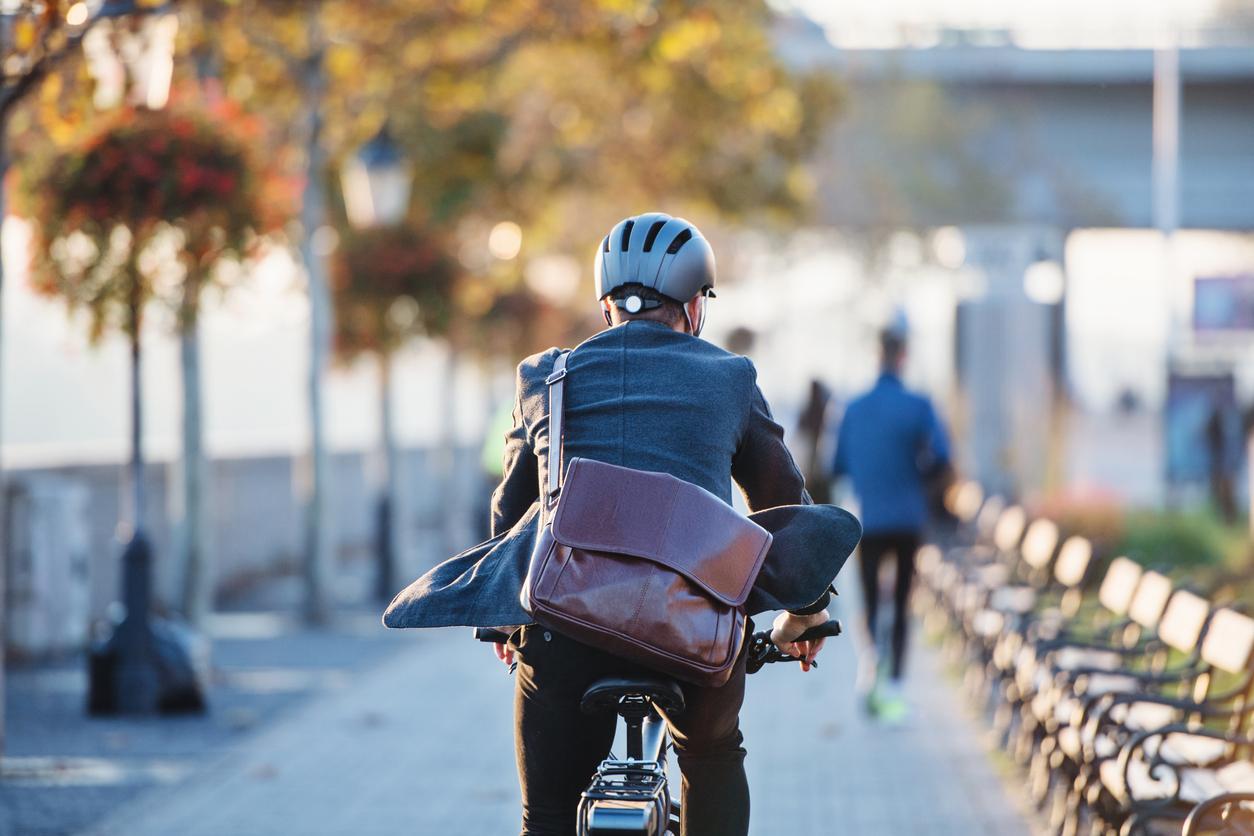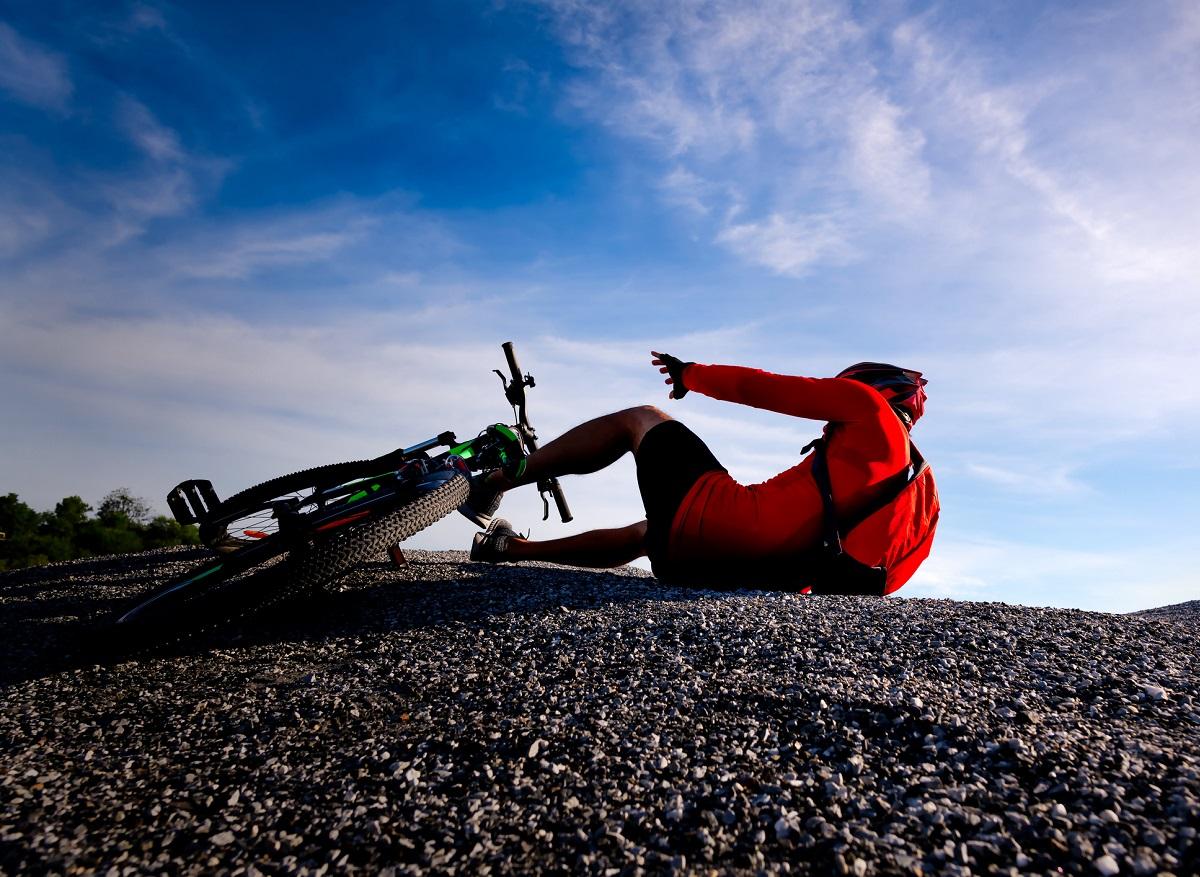A Mayo Clinic doctor, a hand and wrist specialist, shares his tips for preventing the most common cycling injuries.

With the sunny days, even more of us take out our bikes for a ride or a daily commute. If these movements allow you to be more active, they can be accompanied by falls or practices that put a strain on the body. Sanj Kakar, a Mayo Clinic orthopedic surgeon specializing in hands and wrists, shared his tips for preventing cycling injuries.
Cycling: what are the most common injuries?
In a article published on the website of its hospital establishment, the American doctor specifies that the most common injury suffered by cyclists is the traumatic injury which occurs during a fall. Wrist fractures are the most observed during consultations. In France, injuries due to impact to the head remain the leading cause of death among cyclists.
The surgeon adds during his interview: “We also see overuse type injuries. For example, we see patients who press the brakes for too long, squeeze hard. This puts pressure on their palm and their hands sometimes go numb. They then feel numbness and tingling.” This habit, which is likely to cause strong pressure on the median nerve at the wrist, can promote the appearance of carpal tunnel syndrome.
“If you have numbness and tingling in your fingers, that’s something I wouldn’t ignore, because if you have carpal tunnel syndrome, that’s concerning.”, explains Dr. Kakar. The numbness and tingling can, in fact, become permanent and lead to a loss of muscle strength.
Cycling injuries: how to avoid them?
“There are simple preventative measures you can take”assures the hand specialist. “Having thicker bike grips so you don’t grip them as tightly can help. Gloves also help. They sometimes put your wrist in a better position and avoid putting pressure on your palm.”
He also reminds us that the helmet helps protect the skull in the event of a fall or accident. You must ensure that it is the right size, that it does not obstruct visibility and that it does not fall backwards once attached.
Furthermore, if helmets are not compulsory for adults on the road, they are for children under 12 years old. Road safety adds on its website : “Wearing a certified retro-reflective vest is obligatory for all cyclists, and any passengers, traveling outside urban areas, at night, or when visibility is insufficient”. It also recalls that it is “forbidden to wear the ear any device capable of emitting sound (earphones, headsets or headsets). The use of a hand-held telephone is also prohibited.

















